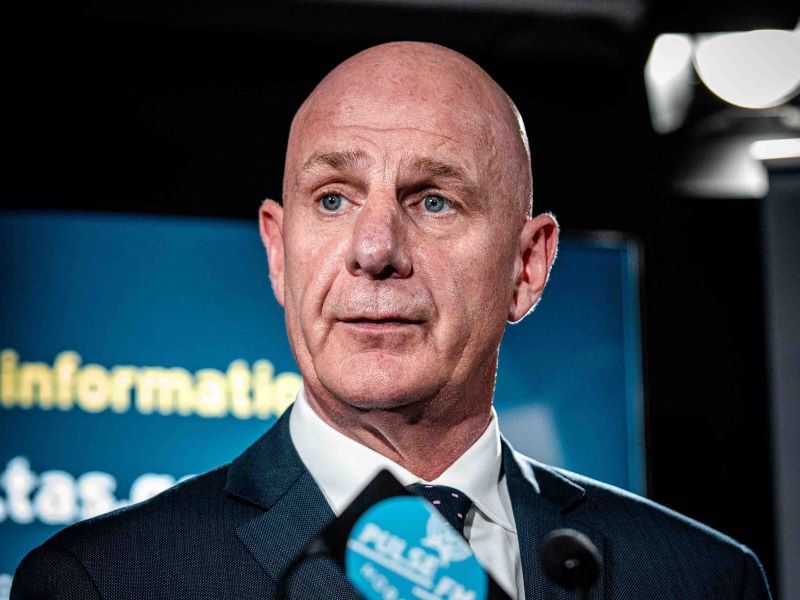The Tasmanian government has announced a new government initiative dedicated to climate, renewables and “future industries” as part of the state budget handed down on Thursday, which also included a $5 million boost for advanced manufacturing.
Renewables, Climate and Future Industries Tasmania has been budgeted $7 million over four years and will bring together resources and personnel of existing government renewables and climate change offices to provide a whole of government view.

Part of the Department of Treasury and Finance, its task will be to provide strategic advice to government ministers on renewables investment, climate change adaption and mitigation, and job creation in a low-carbon economy.
The Tasmanian budget was handed down by Premier Peter Gutwein who is also the Treasurer and Minister for Climate Change.
In his eighth budget, Gutwein said the government had heard citizens’ message that Tasmania’s existing target of net zero emissions by 2050 could be much more ambitious, which is why he was establishing Renewables, Climate and Future Industries Tasmania.
“We have achieved our 2050 net zero emissions target for the last five years in a row and in six out of the last seven years. We must continue to take sensible, informed action to capitalise on the opportunities that Tasmania’s unique, advantageous position provides,” Mr Gutwein said in his budget speech.
Tasmania already generates 100 per cent of its needed energy from renewable sources, mostly through hydro generation. But the state has a target to achieve 200 per cent by increasing hydro generation capacity and investing in green hydrogen.
Tasmania is also leading the Marinus link and Battery of the Nation projects to supply the national grid with more energy from renewable sources.
“Renewables, Climate and Future Industries Tasmania will provide the necessary advice to ensure that investment in renewable energy, hydrogen, Marinus link and Battery of the Nation projects, along with climate change adaptation and mitigation, are strategically considered, and that Tasmania harnesses the opportunity available to underpin the investment and jobs these sectors will deliver,” Mr Gutwein said.
The Premier announced $15 million to “support the work” of Renewables, Climate and Future Industries Tasmania. Budget paper show the initiative will receive dedicated funding of around $7 million over the forward estimates with the remainder possibly a reference to funding for initiatives of the existing Renewables Tasmania.
Renewables, Climate and Future Industries Tasmania is expected to be up and running by October, with its formation to be guided by Treasury, the Department of Premier and Cabinet and its Climate Change Office, and Renewables Tasmania, which is within the Department of State Growth.
The Tasmanian Government also committed $5 million to implement its Advanced Manufacturing Action Plan, with most of the money to go to several grant programs.
A Business Improvement Grant program will provide $450,000 over three years for the state’s advanced manufacturers to access professional advice and information.
Another $450,000 over the next three years will go to an Advanced Manufacturing Quality Assurance Grants program to support industry specific quality assurance accreditations to aid expansions.
Both programs offer individual grants of up to $20,000 to cover up to half the cost of approved activities for Tasmanian-based advanced manufacturers with annual sales turnover of between $300,000 and $20 million.
A further $600,000 has been earmarked to develop manufacturing skills through subsidised industry specific training.
“Supporting Tasmania’s advanced manufacturing sector to develop its workforce to meet the changing demands of the modern economy is a key priority for the Tasmania Liberal Government,” said Advanced Manufacturing and Defence Industries Minister Jeremy Rockliff.
“We also appreciate how important it is to equip our industries with leading-edge design, innovation and technologies to improve capability in what is a highly competitive and rapidly changing global environment.”
Do you know more? Contact James Riley via Email.

